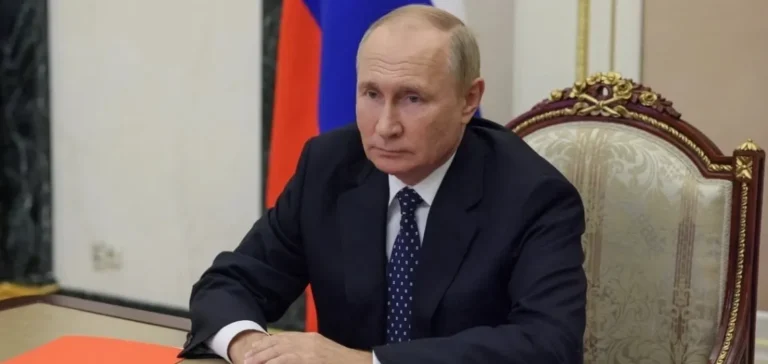The European Commission recently proposed a significant new reduction in the price cap on Russian oil, lowering it from $60 to $45 per barrel. In response, Dmitry Peskov, spokesman for the Kremlin, immediately warned that this measure could trigger major instability in international energy markets. According to him, this lowered cap is not only an economic decision but also a measure considered illegal by Moscow, as Russia has never recognized the legitimacy of previous sanctions imposed on its oil exports. Peskov further indicated that Russia has already developed mechanisms to circumvent these restrictions, thereby mitigating their potential impact.
Economic Context and Stakes
This new European initiative takes place within a complex economic and political context, aiming to intensify financial pressure on Moscow in connection with sanctions related to the Ukraine conflict. The European Commission also intends to expand these sanctions by targeting other strategic Russian sectors, notably by freezing transactions linked to the Nord Stream pipelines and sanctioning several Russian banks. Furthermore, European authorities are seeking to curb the activities of the so-called shadow fleet of tankers, accused of clandestinely transporting Russian hydrocarbons. This proposal will be discussed at the upcoming Group of Seven (G7) summit, scheduled for June 15 in Canada.
Current Impact on Russian Exports
Despite previous caps, Russian oil (Urals) has already been trading below the $60 per barrel threshold for several weeks, paradoxically facilitating consistent trade flows to major markets such as China and India. These two countries represent 47% and 38%, respectively, of global Russian oil imports, far ahead of the European Union and Turkey, each accounting for only 6%. However, the Centre for Research on Energy and Clean Air (CREA) noted that previous sanctions have not substantially reduced Russian oil revenues, largely due to insufficient enforcement and limited monitoring.
Expected Reaction from International Markets
The upcoming G7 decision will be critical in determining the actual effectiveness of a further lowering of the price cap. While some European countries, such as Hungary and Slovakia, frequently express skepticism regarding restrictive measures, a unified G7 position could significantly enhance their impact. Conversely, any divergence among Western allies could limit the overall effectiveness of this initiative. Investors and energy professionals will closely monitor developments in discussions to assess future market trends.






















